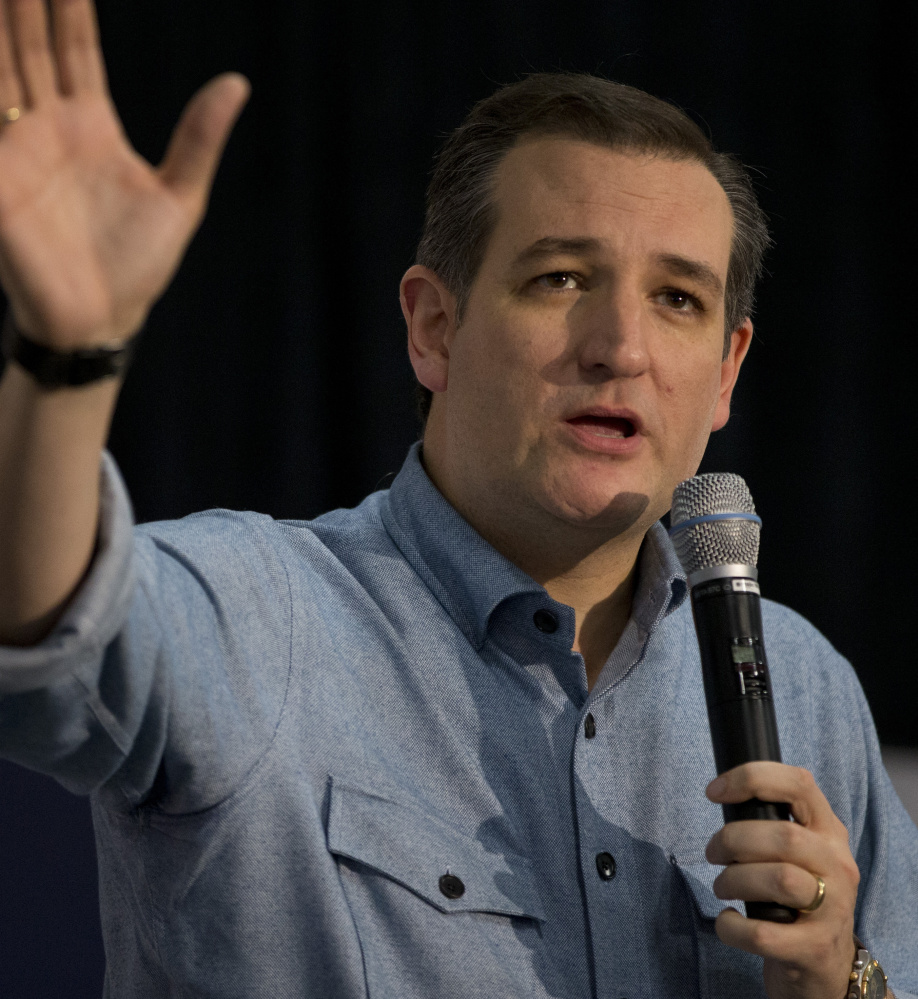LAS VEGAS — Maria Herrera, a 62-year-old retired casino housekeeper, feels no affinity for Marco Rubio even as he aims to make history as the first Hispanic president of the United States. As she explained: “He’s Cuban. I’m Mexican.”
“Rubio says things that are not good for Mexicans,” Herrera said, adding that she supports Hillary Clinton. “I would never vote for him just because he’s Latino.”
Rubio, whose parents are from Cuba, and Ted Cruz, whose father was born in Cuba, are competing to be the first Hispanic in the White House – and casting unprecedented attention on the nation’s growing Hispanic vote.
But in several key swing states – Nevada, Colorado, Florida and Virginia – most Latinos are not Cuban. Most lean Democratic – and identify more with their country of origin than with the broader terms, Hispanic or Latino, for those from Spanish-speaking countries. Most also oppose both Rubio’s and Cruz’s positions on immigration reform. All of that, in addition to long-standing tensions between Cuban and Mexican immigrants, could dash the Republican Party’s hopes that Cruz or Rubio could do what few Republicans have been able to do in a presidential election: attract significant Hispanic support.
Mexicans account for nearly two-thirds of the Latinos in the United States – about 35 million people. Cubans are the third-largest group, after Puerto Ricans, with just 2 million people, or only 3.7 percent of the Latino vote, according to the Pew Research Center.
In interviews in wedding chapels and casinos, all around this city of stretch limos, slot machines and neon signs, Mexicans who make up so much of the workforce said it would be far more meaningful to elect the first Mexican-American president than the first Latino. Many said they would vote for a non-Latino over a Cuban American.
In two days of interviews, not a single Mexican said he or she supported Rubio or Cruz, and even some Cubans said they don’t plan to support either Cuban-American candidate.
Part of the friction between Mexicans and Cubans comes from the starkly different reception they get when they arrive in the United States. Cubans who reach U.S. shores are almost automatically granted residency and eligibility for food stamps and other welfare benefits because of a special policy for those coming from the communist island – many arriving through Mexico. Mexicans who enter without legal papers live under the threat of deportation.
There are cultural distinctions, too. They speak with different accents, celebrate different customs and eat different foods. Mexico is soccer-obsessed, while Cuba loves baseball.
“Except for the fact that they both speak Spanish, everything else is totally different,” said Carlos Artiles, 50, a bartender at the Florida Café Cuban Bar & Grill. Artiles, a Cuban, quickly became a citizen, but he sees firsthand how Mexicans, including his wife, try unsuccessfully for years.
“No way” will Mexicans rally around candidates just because they are Cuban, he said.
Send questions/comments to the editors.



Success. Please wait for the page to reload. If the page does not reload within 5 seconds, please refresh the page.
Enter your email and password to access comments.
Hi, to comment on stories you must . This profile is in addition to your subscription and website login.
Already have a commenting profile? .
Invalid username/password.
Please check your email to confirm and complete your registration.
Only subscribers are eligible to post comments. Please subscribe or login first for digital access. Here’s why.
Use the form below to reset your password. When you've submitted your account email, we will send an email with a reset code.